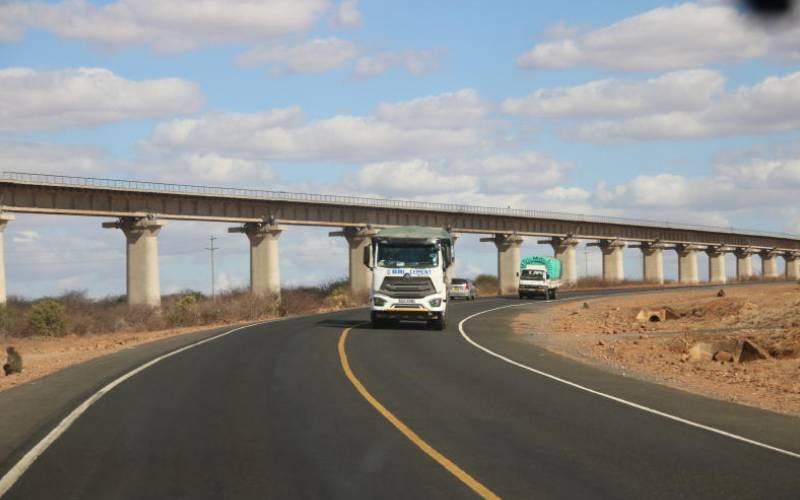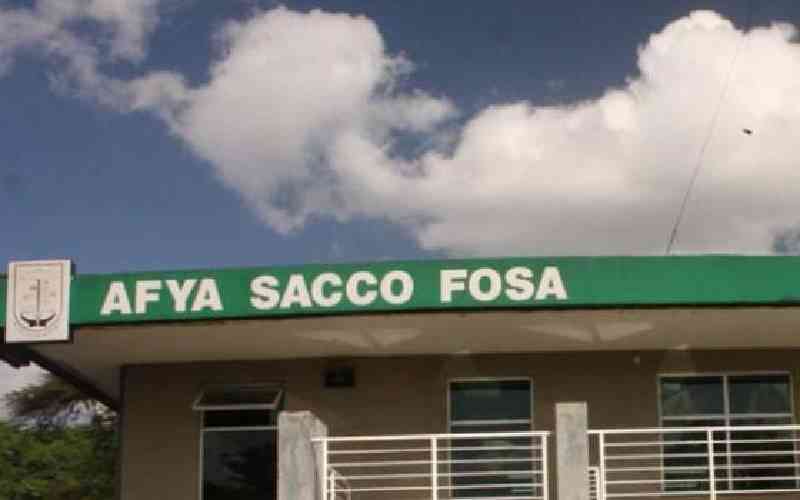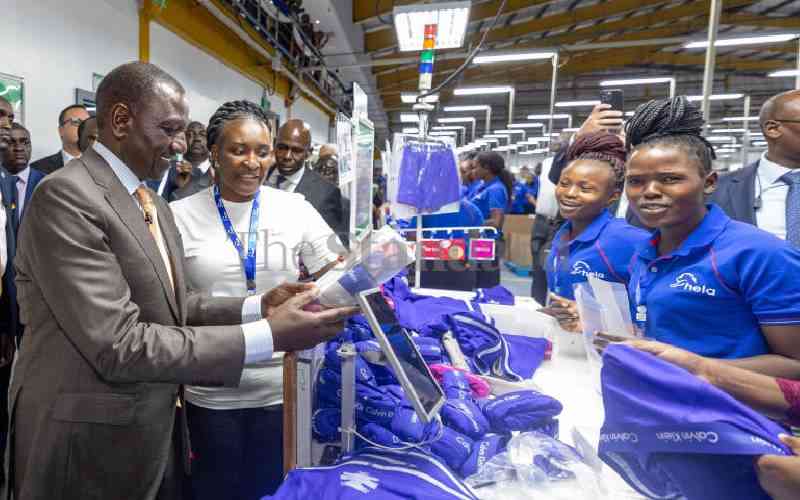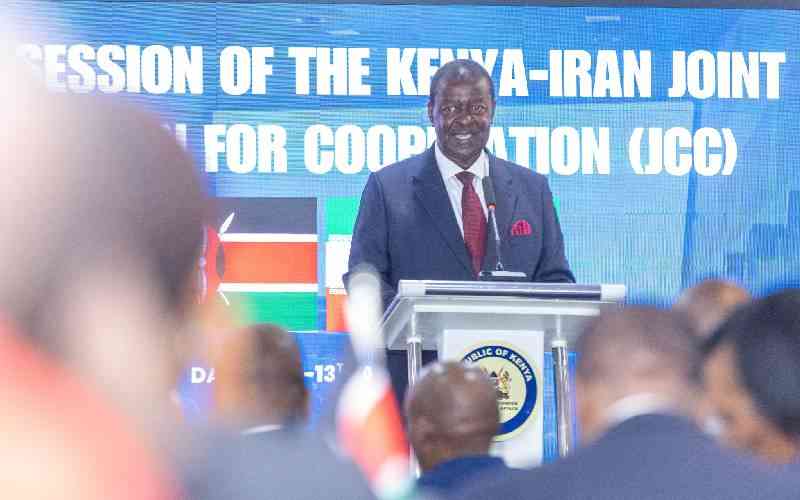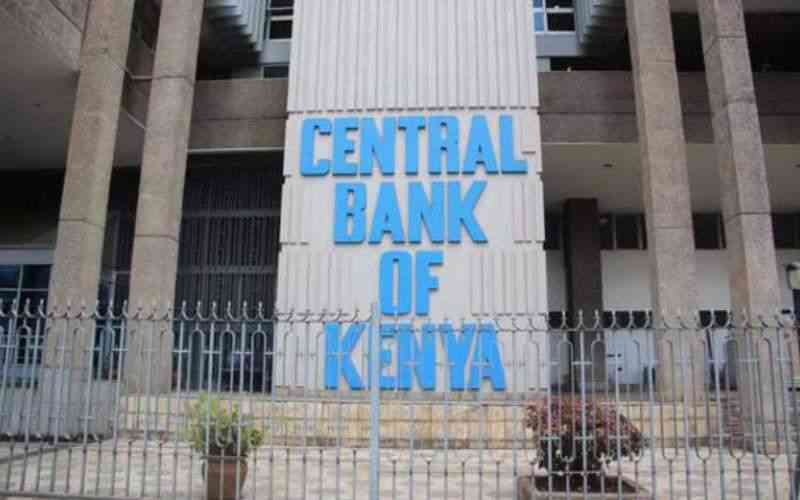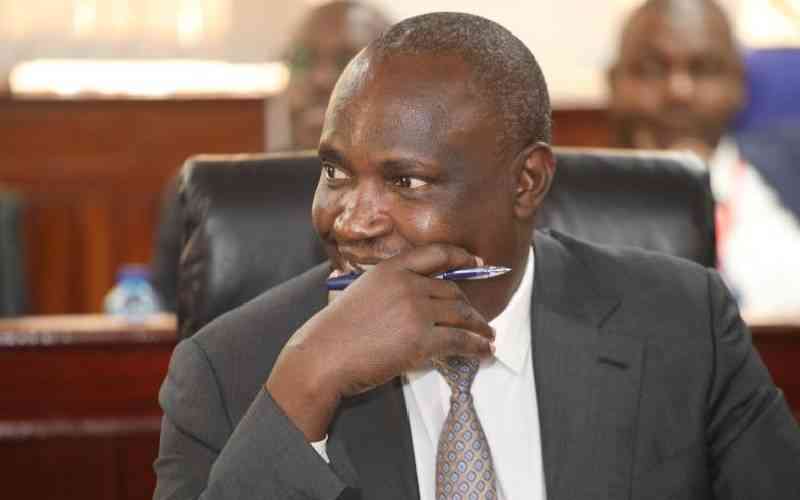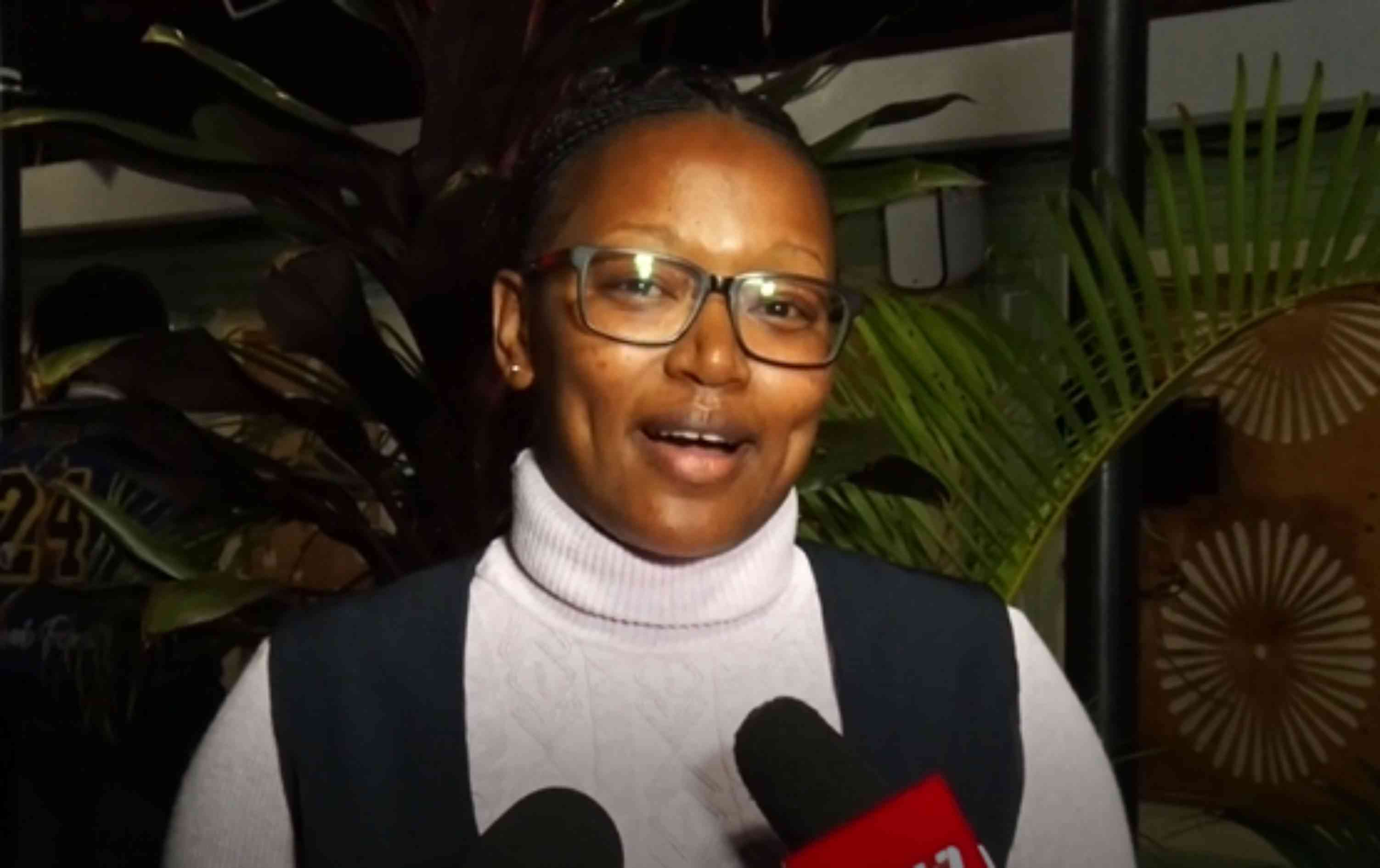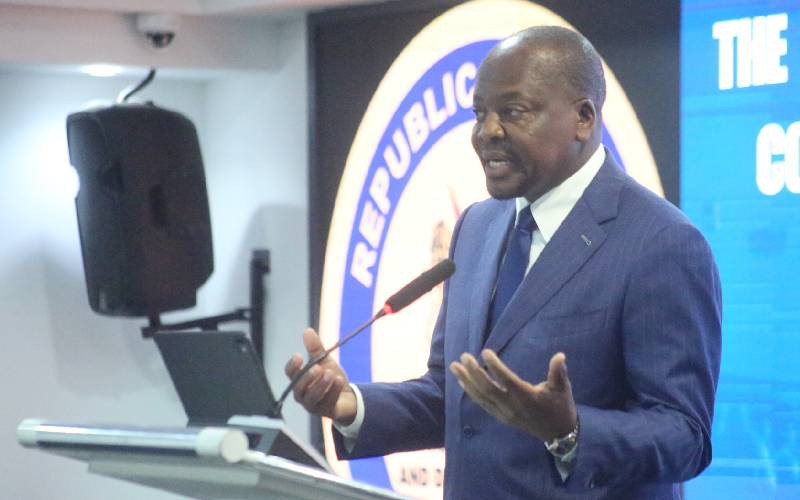
Agriculture CS Mutahi Kagwe, during the 7th session opening ceremony of the Kenya-Iran joint Commission for Cooperation in Nairobi, on August 12th 2025. [Collins Oduor, Standard]
Kenya and Iran have agreed to form a joint committee to remove trade barriers between the two countries in the next 60 days.
The move paves the way for lifting a ban on Kenyan tea exports to the Middle Eastern nation, which was triggered by an alleged criminal trade malpractice involving a Kenyan firm.
This agreement was reached during the 7th Session of the Kenya–Iran Joint Commission for Cooperation (JCC) in Nairobi on Tuesday, co-chaired by Prime Cabinet Secretary Musalia Mudavadi and Iran’s Minister of Agriculture Dr Gholamreza Nouri Ghezalcheh.
It comes in the wake of a criminal trade malpractice involving a Kenyan company, which has since been deregistered by the Tea Board of Kenya and is set to face prosecution.
Investigations revealed that the firm imported low-grade tea, blended it, and re-exported it to Iran as high-grade Kenyan tea, triggering a diplomatic row between the two countries and the subsequent ban.
“Before the unfortunate incident, which resulted in the suspension of tea exports to Iran, the country was one of the top importers of Kenyan tea. Tea exports grew from 3.2 metric tonnes in 2020 to a record high of 13 metric tonnes in 2024, with corresponding values of $5 million (Sh645 million) in 2020 and $33 million (Sh4.25 billion) in 2024,” said Mudavadi.
Mudavdi said the growth was achieved despite a price cap of $2 (Sh258 million) per kilo for Kenyan tea, which is of premium grade compared with Indian and Sri Lankan tea, capped at $4.5 (Sh580) per kilo.
“The government of Kenya looks forward to lifting the ban so that the export of Kenyan tea to Iran may resume,” Mudavadi said.
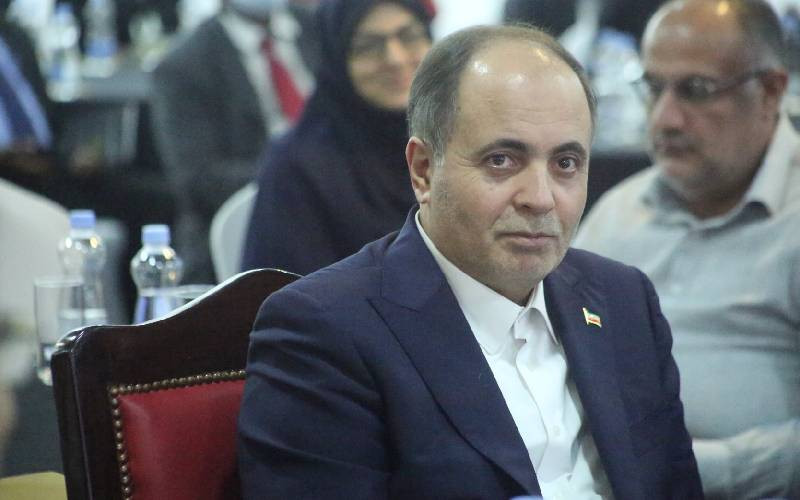
Iranian Minister for Agriculture Gholamreza Nouri during the 7th session opening ceremony of the Kenya-Iran joint Commission for Cooperation in Nairobi, on August 12th 2025. [Collins Oduor, Standard]
Agriculture Cabinet Secretary Mutahi Kagwe said both governments have resolved to introduce stringent regulations to safeguard the integrity of Kenyan tea exports.
“Kenya’s tea sector is one of our largest foreign exchange earners, and we must protect it from unscrupulous traders who damage our reputation,” he said.
The newly formed joint committee will craft a framework to restore confidence, enforce quality standards, and resume exports before the end of the 60-day timeline.
The JCC provided an opportunity for the two countries to take stock of the deepened partnership and forge new pathways in emerging areas such as climate-smart agriculture, manufacturing, transport and infrastructure, education and training, Customs-to-Customs cooperation and renewable energy, among others.
Stay informed. Subscribe to our newsletter
“Through the past sessions of the JCC, we have established frameworks in areas such as trade, agriculture, health, education, science and technology, energy, and cultural cooperation. This JCC marks not only the continuation of the long-standing and cordial relationship between our two countries, but also a renewed opportunity to chart a more pragmatic, ambitious and results-oriented agenda for mutual posterity,” said Mudavadi.
Mudavadi, who is also the Cabinet Secretary for Foreign and Diaspora Affairs, said Kenya continues to position itself as the gateway to the East African region and the rest of Africa, as well as a hub for trade and commerce, innovation, logistics and diplomacy.
